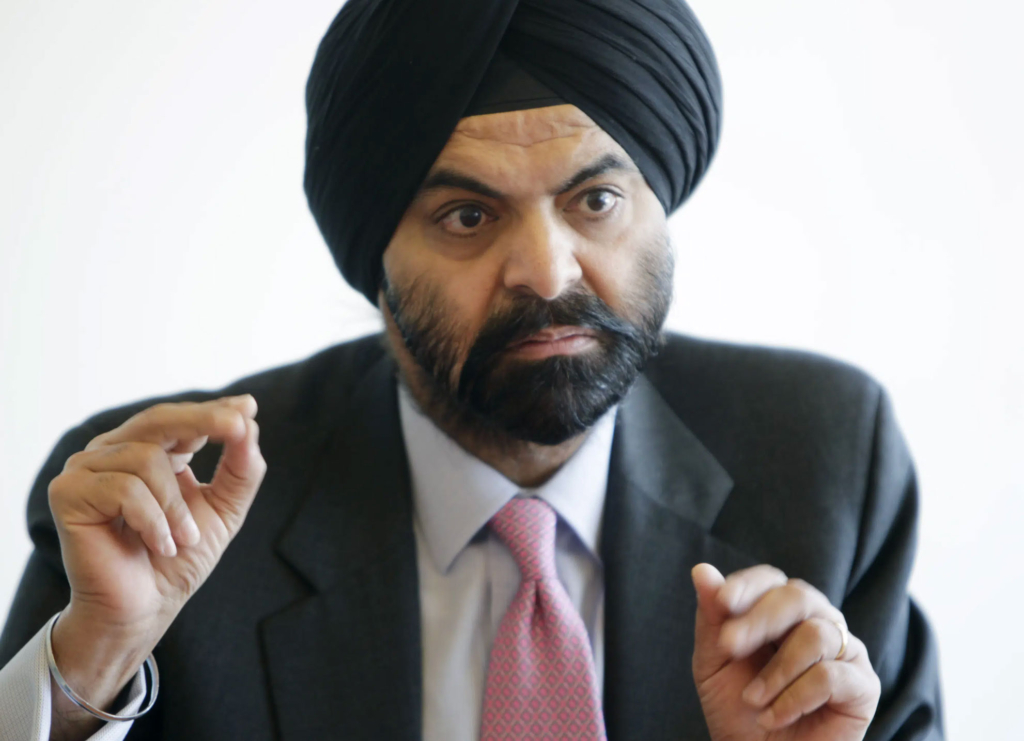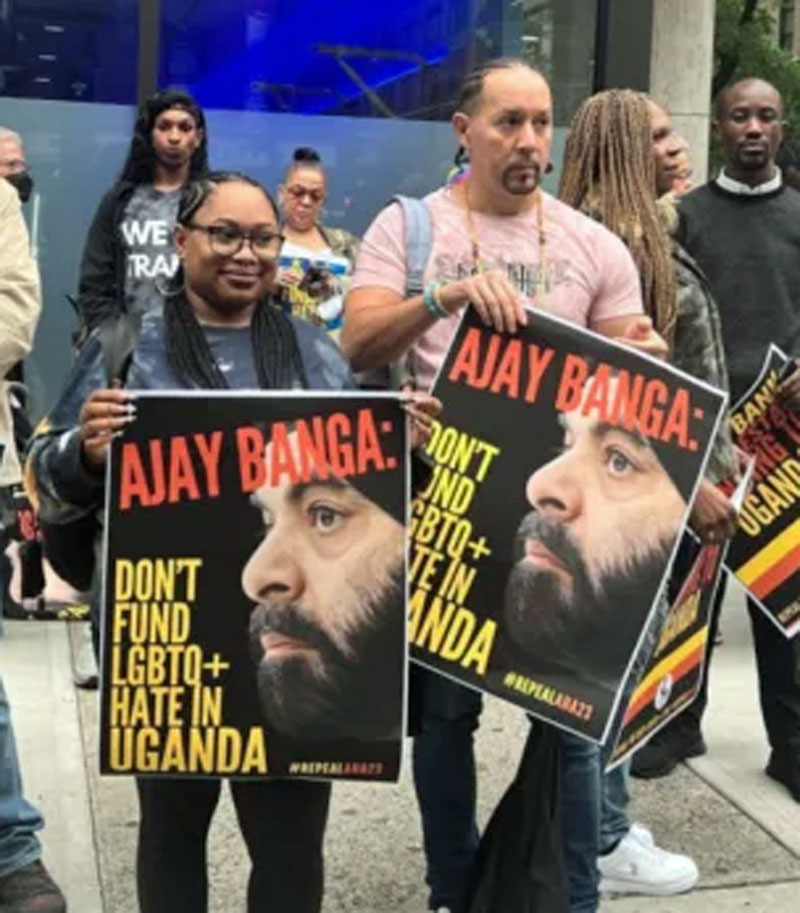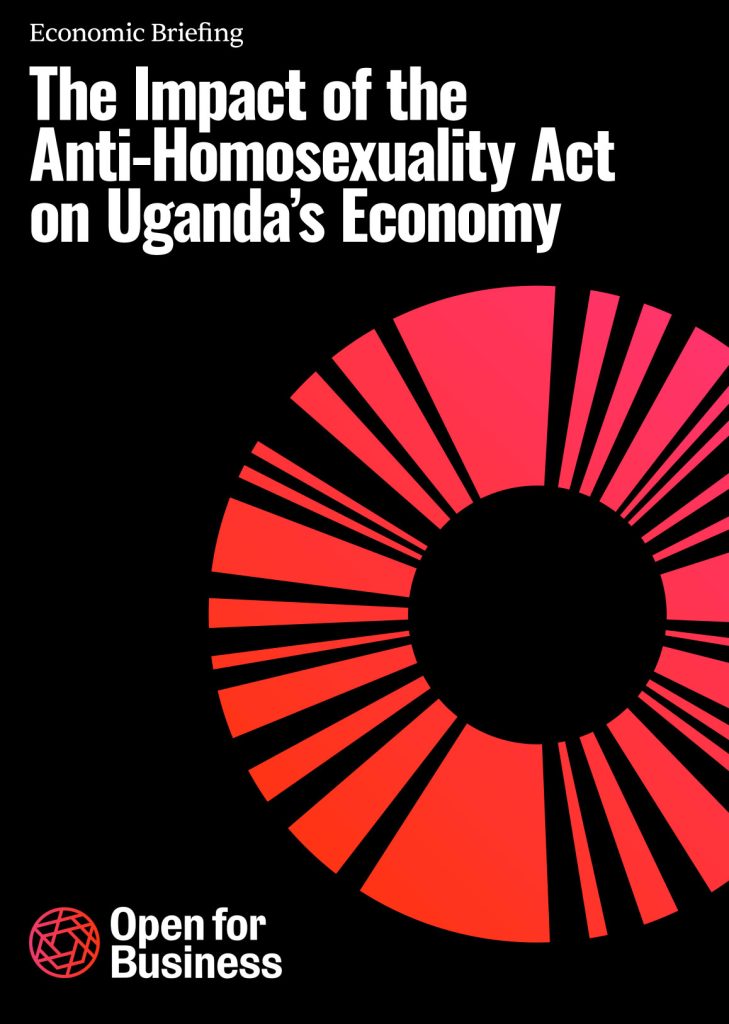World Bank ends Ugandan loan ban that sought to end LGBTQ repression
Colin Stewart is a 45-year journalism veteran living in Southern…
As arrests and evictions continue, World Bank claims its loans won’t harm LGBTQ Ugandans

The World Bank has resumed lending to Uganda that it suspended in 2023 after the passage of that year’s cruel Anti-Homosexuality Act.
Although the law has led to hundreds of Ugandans being evicted from their homes, subjected to violence or arrested because of their sexuality, the World Bank has abandoned the attempt to force Uganda to respect human rights.
Instead, it claims that “mitigation measures” will allow the resumption of World Bank loans without causing harm to LGBTQ people.
Fabrice Houdart, author of the LGBTQ+ Equality newsletter and executive director of the Association of LGBTQ+ Corporate Directors, commented:
“While I’m not opposed to restoring funding in principle, how it’s done feels deeply cynical. The decision comes amid ongoing violence, arrests, and evictions targeting queer Ugandans. It seems more like a strategic nod to Washington—ironically, now one of the loudest opponents of LGBTQ+ rights globally— or a gift from [World Bank President] Ajay Banga to his new patron than a principled stand. The estimated $1.7 billion Uganda lost during the freeze was meant to signal consequences. Instead, this move confirms what we often suspect: like many corporations, the Bank is a fair-weather ally. “

The BBC reported the World Bank’s change of position:
World Bank U-turn ends loan ban to Uganda over gay rights
By Natasha Booty
The World Bank says it is lifting a ban on loans to Uganda that it had put in place two years ago when the country passed a draconian new law against LGBTQ people.
In 2023, Uganda voted in some of the world’s harshest anti-homosexual legislation meaning that anybody engaging in certain same-sex acts can be sentenced to death.
Since then, hundreds of people have been evicted from their homes, subjected to violence or arrested because of their sexuality, according to Uganda’s Human Rights Awareness and Promotion Forum. [See the Erasing 76 Crimes articles:
- “Anti-LGBT arrests rising in Uganda, new report finds” and
- “‘I am scared for my life’: Surviving Uganda’s harsh anti-LGBTQ law. Three queer Ugandans’ resilience and harrowing experiences”. ]
But the World Bank says it is confident that new “mitigation measures” will allow it to roll out funding in such a way that does not harm or discriminate against LGBTQ people.
The BBC has asked the Ugandan government and the World Bank for further comment.
“The World Bank cannot deliver on its mission to end poverty and boost shared prosperity on a liveable planet unless all people can participate in, and benefit from, the projects we finance, ” a spokesman told the AFP news agency on Thursday, adding that the organisation had “worked with the [Ugandan] government and other stakeholders in the country to introduce, implement and test” anti-discrimination measures.
New projects in “social protection, education, and forced displacement and refugees” have also been approved, an unnamed World Bank spokesperson told the Reuters news agency.
Analysts say the World Bank is one of Uganda’s biggest sources of external financing, playing an important role in infrastructure development. Road upgrades and widened electricity access are among the projects the organisation is backing in the East African country.
But some economists criticise the funding model used by the World Bank and the International Monetary Fund in general, saying it perpetuates dependency and undermines sustainable growth in the world’s poorest nations by tying them to restrictive loan conditions.
Uganda is among several African nations – including Ghana and Kenya – that in recent years have witnessed moves to curtail the rights of LGBTQ people.
News of Uganda’s draconian Anti-Homosexuality Act in 2023 prompted international condemnation.

It cost the country somewhere between $470m and $1.7bn (£347m and £1.2bn) in the year that followed, mainly because of frozen financing, according to estimates by the UK-based charity Open for Business.
[See the Erasing 76 Crimes article “Anti-LGBT law costs Uganda up to $1.6 billion annually”.]
Uganda’s government says its anti-gay law reflects the conservative values of its people, but its critics say the law is little more than a distraction from real issues such as high unemployment and ongoing attacks on the opposition.
“It’s low-hanging fruit,” Oryem Nyeko, a researcher working at Human Rights Watch in Uganda, told CBC at the time.
“It’s being framed as something that’s foreign and threatening to people’s children.”
Victims of beatings, evictions and worse say that Uganda’s new law has emboldened people to attack them based on their perceived sexuality.
The fact that the law also stipulates a 20-year prison sentence for “promoting” homosexuality has also been seen as an attack on anybody who defends LGBTQ rights, but the government denies this.
Claiming that homosexuality was permitted “in private but not promoting it”, Uganda’s information minister told the AFP news agency on Thursday that the law was not “targeting or discriminating against anyone”.
Chris Baryomunsi also said the World Bank’s ban on lending to Uganda two years ago was “uncalled for” but welcomed the organisation’s change of heart.




